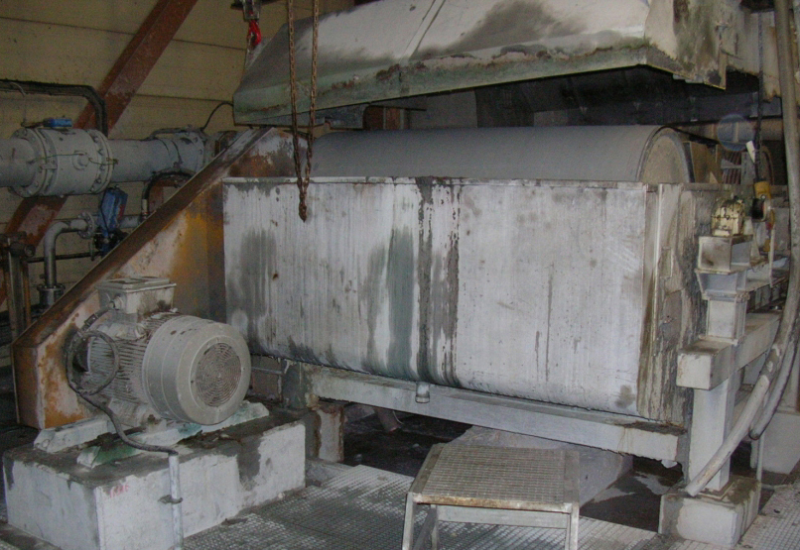A bearing customer in the paper recycling industry is benefiting from four- times bearing life and avoiding the considerable downtime and maintenance costs of partial shut every six-months, following the adoption of a bearing substitution solution for a sludge press developed by NSK as part of the company’s cost saving, asset improvement programme (AIP).
The problem that the customer was experiencing with the sludge press was due to contamination. The working conditions of the press are harsh: wet and dirty, resulting in contamination to bearings from water and pulp polluted with printing inks and other substances. The acute nature of the problem meant that the company operating the sludge press had to partially shut down its paper machine every 6 months to exchange the bearing units in the press.
The solution to this problem required more than just product replacement, it required a complete analysis and report of the operation of the bearings on the sludge press, services that NSK routinely performs across many market sectors as part of its AIP programme.
The AIP programme is designed for end-user bearing customers that are looking for more than just product supply, they are looking for a value-added service that actually helps them to reduce operating costs, improve efficiency and profitability. These objectives are achieved by delivering tangible savings to assets, such as equipment and machinery, and also by improving the working knowledge of maintenance and engineering personnel.
Following an extensive inspection of the paper recycling site and the sludge bearing bearing housings, NSK proposed improving the quality of the bearing seals by using self-aligning roller bearings with sealed rollers (SLE series).
After the customer had accepted this recommendation, NSK first modified the bearing housings and then assisted with the installation of two test systems. The results were impressive: the service life of the bearings was improved to more than two years and additional savings were made in terms of lubrication: both in terms of reduced quantity of lubricant used, and also the longer intervals between lubrication. All these benefits were achieved by a bearing substitution solution, the costs of which were paid back within a year due to the reductions achieved in both down time and maintenance costs.




